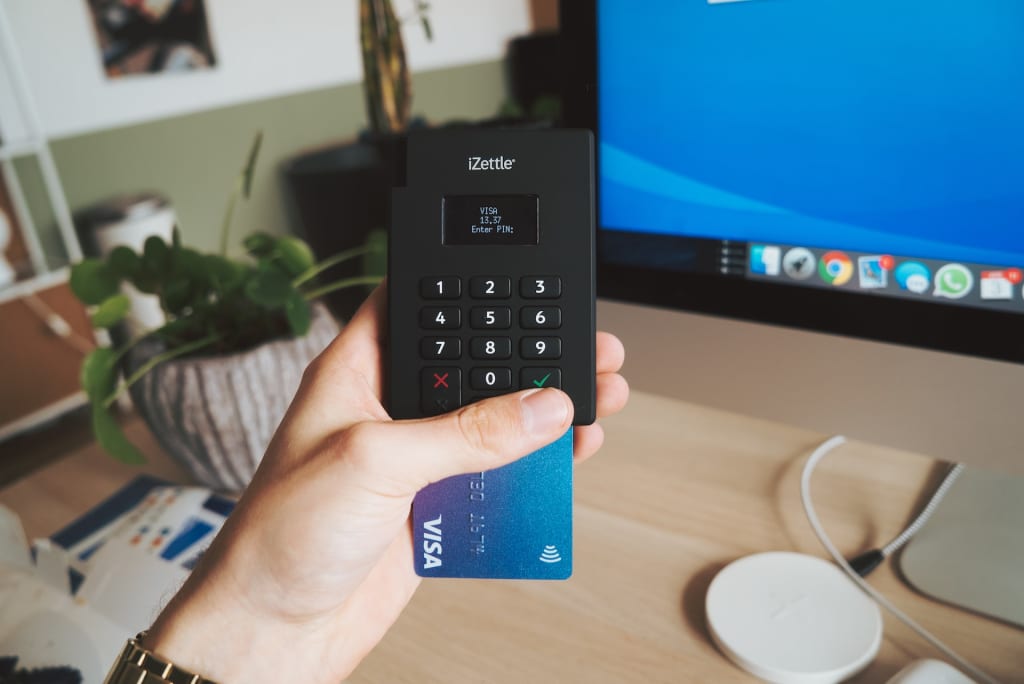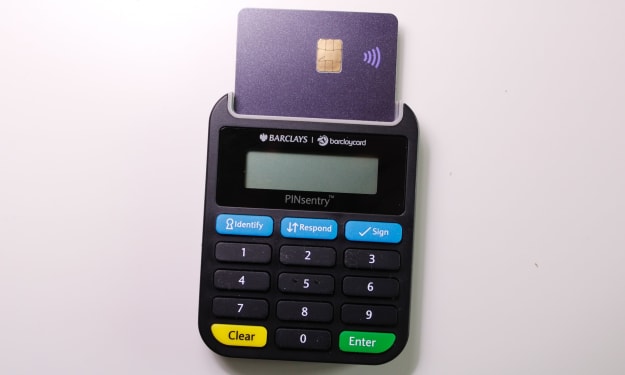Payment gateway, payment processor, merchant account – what’s the difference
It is now time to set the record straight! Discover the distinctions between the three in this article!

We've written several articles about finance, and payment gateways, payment processors, and merchant accounts come up frequently. As a result, we can understand why people sometimes confuse these three or fail to distinguish between the services they provide.
It is now time to set the record straight! Discover the distinctions between the three in this article!
What is a payment gateway?
An online payment gateway India is a service that assists businesses in accepting payments from customers online. It primarily allows for the secure authorization of a customer's transaction and the encryption of payment data before passing it on to other players in payment processing.
To better understand what functions payment gateways perform, let's go over the entire process step by step:
To begin, consider the payment gateway to be a virtual version of your local store's POS terminal. It is called a gateway for a reason: it is the starting point for the so-called payment processing journey.
That's how it works: a customer is browsing the internet on their mobile phone when they come across your website. They find something that appeals to them and add it to their shopping cart. To purchase it, the customer must enter their credit/debit card information into the payment form, including the card number, CVV, expiration date, and cardholder's name.
If a payment gateway offers 3D Secure services, the client must also confirm their identity using the OTP, their device, or biometric technology. This procedure helps to ensure that the cardholder made the purchase or is aware of the transaction. This article is for you if you want to learn more about how 3D Secure works.
So, after entering all of the payment information, the customer clicks the "Pay" button. The payment gateway then receives the data, encrypts it for security, and sends it to the payment processor. What you should also know about payment gateways is that after a transaction is successful or unsuccessful, the information is returned to the payment gateway, which corresponds it to the customer.
Some banks and Fintech firms have their own payment gateways; in others, you must seek this service separately.
What is a payment processor?
A payment processor, also known as a payment service provider (PSP), is a company or service that facilitates the acceptance of online payments. It acts as a go-between for a merchant and other financial institutions involved in payment processing.
What is the function of a payment processor? When the best online payment gateway sends transaction information to a payment processor, the data is passed on to the card association (Visa, Mastercard, etc.). It is then transferred to the issuer bank (the customer's bank). The bank either approves or declines the transaction, which can be due to insufficient funds, the customer's account being closed/frozen, or the payment date having passed.
The transaction is then redirected to the merchant's bank by the acquiring bank. Based on the information received, it approves or declines the transaction. Following that, the payment processor communicates to the payment gateway whether or not the payment was successful, and the payment gateway notifies the customer.
If the transaction was successful, the funds will be deposited into the company's merchant account. Let's talk about it more later!
What is a merchant account?
This one, however, differs significantly from the previously described payment gateways and processors. A merchant account is a type of account that financial institutions offer to businesses in order for them to accept card and electronic payments for their goods and services.
To obtain a merchant account, you must first contact the bank where you have your personal/business account, or you may approach a payment gateway service provider or a PSP that provides such accounts.
This is how it works: once the payment processing is completed (as described above), the funds are transferred to a merchant account. A company cannot use or withdraw these funds at this time. As the real money transfer from the customer's account to yours occurs, a certain settlement period must elapse. The period can range from one to seven days and varies depending on the processor. When the settlement period is over, the funds you earned are transferred to your business account, where they can be used and spent.
To apply for a merchant account, you must first ensure that your website is secure and complies with PCI DSS or other applicable regulations. Then, locate a reputable bank or payment processor and learn what documents are required to open an account. This is typically the basic information about the business owner, the company address, processing history or estimated processing volumes, and so on.
At the end of the day, whether your company is large or small, you will need all three components to accept online payments.
About the Creator
Amit Kumar
Full-time thinker & part-time writer...






Comments
There are no comments for this story
Be the first to respond and start the conversation.